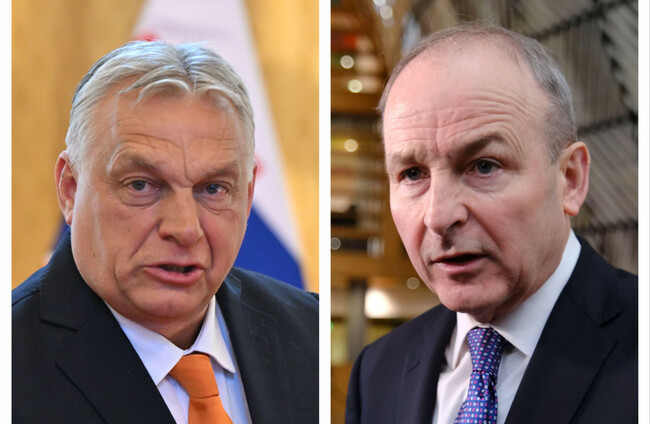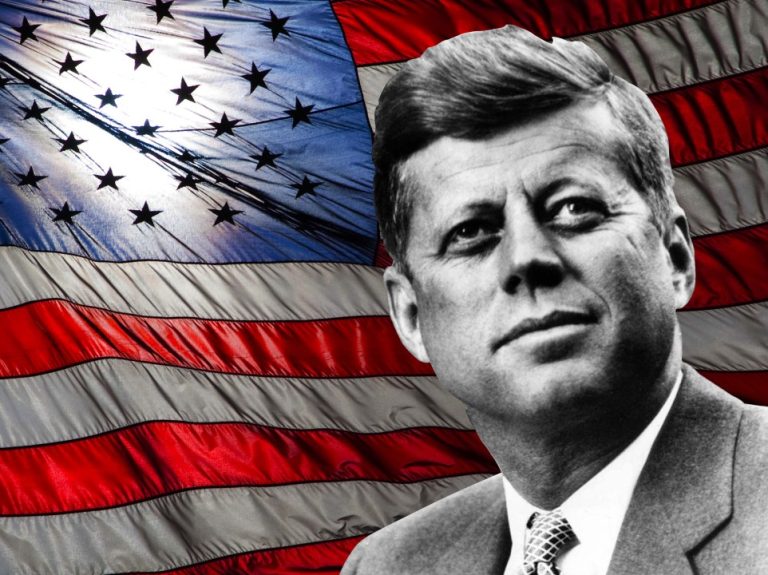

A sharp diplomatic rift has emerged between Hungarian Prime Minister Viktor Orban and Irish Taoiseach Micheál Martin, with Orban accusing Martin of prioritizing a “globalist” agenda over national sovereignty.
The Hungarian leader’s pointed remarks follow Martin’s vocal criticisms of Hungary’s EU veto usage and its domestic policies, deepening divisions within the European Union.
The “Love Story” Interrupted: Orban’s Nationalistic Appeal
Viktor Orban’s response, delivered via social media, was steeped in nationalistic rhetoric, invoking a perceived historical bond between Irish and Hungarian “patriots.” He expressed dismay that Martin’s stance deviated from this shared legacy of national independence. “We Hungarians have always regarded Irish patriots as champions of freedom and national independence,” Orban stated. “For us, Ireland is a symbol of liberty and sovereignty. For this reason, it is always shocking when we see that an Irish patriot chooses to stand on the side of an empire instead of national sovereignty.” This “empire” that Orban refers to, is understood by many political analysts to be the European union, and it’s perceived overreach of national soverignty.
Martin’s Criticisms: Veto Power and Human Rights Concerns
The catalyst for Orban’s outburst was Martin’s forceful condemnation of Hungary’s use of its EU veto power, particularly in relation to Ukraine’s EU accession. Martin also raised serious concerns about Hungary’s domestic policies, notably its restrictions on LGBTQ+ rights. Martin’s position is that the european union, must protect the rights of its citizens, and that the veto power, is being misused.
The “Globalist” Label: A Clash of Ideologies
Orban’s characterization of Martin as a proponent of a “globalist” agenda is central to his argument. This term, often used in nationalist circles, signifies a perceived erosion of national sovereignty in favor of supranational institutions and international cooperation. In Orban’s view, Martin’s support for EU integration and his emphasis on shared European values represent a departure from traditional national interests. This ideological clash is a growing trend within the EU.
EU Veto Power: A Point of Contention
The dispute highlights the contentious issue of EU veto power. Orban’s frequent use of this mechanism has drawn criticism from other EU member states, who argue that it hinders the bloc’s ability to act decisively on critical issues. Martin’s warning that the EU risks becoming “unworkable” if Hungary’s veto tactics continue underscores the gravity of this concern.
LGBTQ+ Rights: A Divide on Social Values
The disagreement extends beyond political strategy to encompass fundamental social values. Martin’s condemnation of Hungary’s restrictions on LGBTQ+ rights reflects a growing divide within the EU on issues of human rights and social inclusion. Orban’s government, by contrast, has adopted a socially conservative stance, prioritizing what it perceives as traditional values.
Historical Context: National Independence and Sovereignty
Orban’s appeal to the historical “love story” between Irish and Hungarian patriots underscores the importance of national independence and sovereignty in his political worldview. Both Ireland and Hungary have histories marked by struggles for self-determination, which Orban seeks to evoke in his defense of national interests.
The Response from Ireland:
The Irish government have acknowledged the comments made by Viktor Orban. However, they have declined to add any further comments to the situation. They have stated that Taoiseach Martins previous statements, speak for themselves. This non response, could be seen as a way to de-escalate the situation.
The Wider European Context:
This dispute occurs within a wider context of rising nationalism across Europe. Orban has become a figurehead for those who oppose further EU integration, and who are prioritizing national intrests. This situation, brings to light the growing divide within the european union.
The Impact on EU Relations:
The diplomatic rift between Orban and Martin has the potential to further strain relations within the EU. It highlights the challenges of balancing national interests with the need for collective action. This situation will need to be monitored, to see what further impacts it will have on EU relations.



